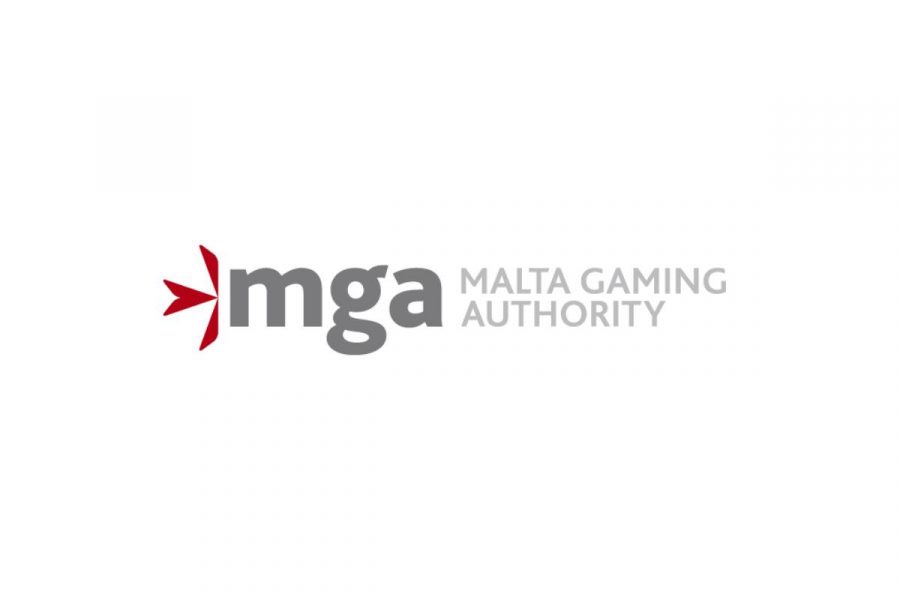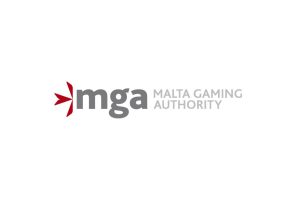MGA annual report shows drop in revenue

The Malta Gaming Authority saw its revenue fall in 2020, but the Maltese gambling industry continued to grow.
Malta.- The Malta Gaming Authority (MGA) has published its annual report and audited financial statements for the financial year ending December 31, 2020. It reports revenue of €77.3m, down 5.3 per cent from €81.7m in 2019.
Malta’s gambling sector grew by 15.3 per cent to a total economic value of €924m. That means the gambling industry still accounts for 8 per cent of Malta’s total economic value but slipped out of the top three contributors to the island’s economy.
The MGA estimates that the gaming industry directly generated close to 8,300 full-time jobs, 91.1 per cent of them in the online sector.
Online gaming
At the end of 2020, the total number of companies licensed by the MGA – both online and land-based operators – stood at 323. Together they held 328 gaming licences and 357 game type approvals to offer games under B2C licences.
The number of licensees offering online products rose to 314 in 2020, up from 284, while the number of active player accounts on Malta-licensed websites increased 18.1 per cent to 36.2m.
The MGA estimated 15.9 million new player registrations, up 15.5 per cent year-on-year.
Land-based casinos
The report makes mention of the impact of the Covid-19 pandemic, particularly on Malta’s four land-based casinos: Dragonara Casino, Portomaso Casino, Casino Malta and Oracle Casino. The casinos were ordered to close from March until June 5 as a result of the pandemic.
The number of slots held across the casinos fell from 954 in 2019 to 909, and new player registrations during 2020 stood at just 55,676 compared to 175,433 in 2019.
Malta Gaming Authority revenue in 2020
The MGA’s revenue fell 5.3 per cent to €77.3m in 2020. Compliance contributions and levies made up most of the revenue at €65m, down 10 per cent year-on-year.
Authority fees generated €12.2m: €8.4m from licence fees (an increase of 4.1 per cent year-on-year) and €295,000 from application fees (down 38.2 per cent). Other revenue contributed €3.5m, up from €2.7m.
MGA activity
The MGA received 58 applications for gaming licences in 2020 and it issued 68, including spillovers from 2019. Of the applications made, 20 were either rejected by the MGA or withdrawn by applicants. The MGA cancelled 12 licences and suspended three due to regulatory breaches. It issued 69 warnings.
See also: MGA cancels Magic Service licence due to non-payment of fee
Its Compliance and AML departments carried out 30 compliance audits in 2020 and 324 desktop reviews, which reported 98 deficiencies to the Compliance and Enforcement Committee.
Some 1,475 criminal probity screening checks were conducted, up 13 per cent year-on-year, and eight individuals and companies were deemed not up to probity standards by the Fit & Proper Committee – mainly in relation to money laundering or terrorism funding regulations.
MGA CEO Dr Carl Brincat said: “The year 2020 will undoubtedly be remembered for the challenges the pandemic presented us with, and I am proud of the Authority’s employees who worked tirelessly to ensure that we continued to perform the functions required of us at law.
“Keeping the ship steady during a challenging year serves as a strong foundation for us to look ahead with renewed commitment to keep building on the positives and improve on our shortcomings, to reach new heights in our regulatory approach.”
The publication of the MGA’s annual report comes two weeks after Malta received a blow to its reputation by being put on Financial Action Task Force on Money Laundering’s (FATF) “grey list” of untrustworthy jurisdictions, a status that could harm investment in the jurisdiction.









